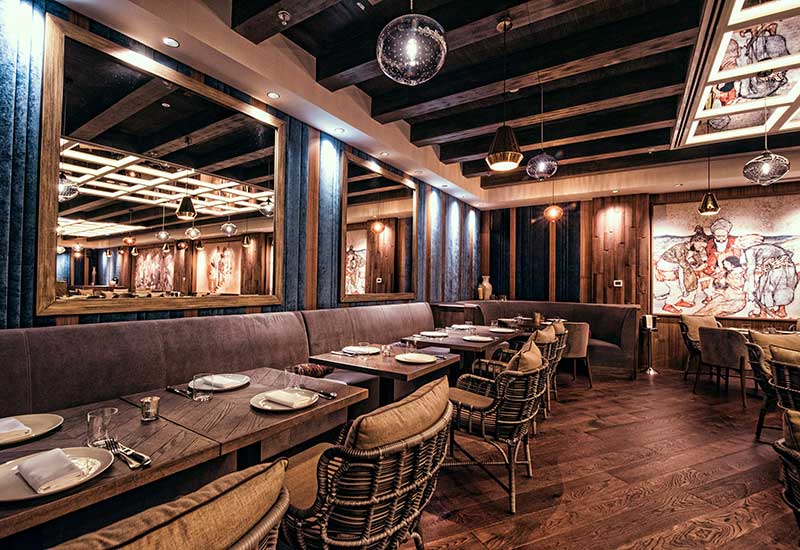There is an abnormal resilience and, perhaps foolhardyü confidence that surrounds the F&B industry, not just in Dubai, but across the globe.
Whether it is optimism, dogged persistence, passion or arrogant self-belief, there seems to be a specific gene in all restaurateurs that drives reinvention and rebirth.
Busaba Eathai has closed down at the beach but has promised to re-open in a new location. The people behind Morah at the JW Marriott have also promised a re-invention after it closed its doors, and Michael Mina has fired his Firebird Diner and is relaunching with Mina’s Brasserie. Dragonfly in City Walk was also scuttled but will resurface in a licensed location sometime this year.
Back in 2009, when the whole world was suffering from the global financial crisis, there was a natural culling of businesses that were unable to remain competitive. Yes, there were a few innocent victims that had to close through no real fault of their own, and some that remained open only because they had deep pockets, but for the most part, there was a righteous and correct readjustment of the market, and many would agree that it needed to happen.
The lead up to that crisis was where everything got out of hand. F&B franchise deals were being signed under laughable expansion promises, with all signatories knowing full well the chances of achieving those openings were virtually nil. Franchises were being awarded to unproven operators whose only competence was a big cheque. Operators were entering into unsustainable lease contracts, turning a blind eye to outrageous forecasting just to keep up with the market fervour. Naïve enthusiasm, irresponsible decision making, and unregulated capitalism created chaos.
Here we are in 2018, again facing economic uncertainty, again facing potential closures, but it feels different this time around. Talent has remained, and experience is prevalent. Lessons have been learned and the market has matured. There is more caution and common sense. There is a different set of challenges now, but this feels more like the real world. Consumers are dealing with a defined tax for the very first time. Landlords are facing pushback from tenants. Suppliers are expected to support the industry. Government officials are being asked to help. In some ways, we are in a much better position today than we were 10 years ago and maybe even in a healthier place than the golden years of the 2000s.
Shah taught me a word, which I think will be the word of the year for many restaurateurs in 2018. The word is jugaad. The Oxford English Dictionary definition is a “flexible approach to problem-solving that uses limited resources in an innovative way”. However, it seems much more than that. Jugaad is a new way to think constructively and differently about innovation and strategy. It’s a way of maximising resources. It is about businesses adapting quickly to unforeseen and unfavourable situations in an intelligent way. It means thinking in a frugal and flexible way. However, most importantly, jugaad is about encouraging, perhaps even demanding innovation and an entrepreneurial spirit — something that the F&B industry is well-versed in.
For every restaurant closure, there is a slight adjustment to the F&B tapestry, an unperceivable acknowledgment of change, which collectively and over time creates a new landscape of fresh innovation and quality.
For every Round Table Pizza, there is a Freedom Pizza, for every Quick burger there is a Salt burger; for every Harry Ghatto’s, there is a Lucky Voice; for every Chickenow there is a Super Chix; for every Café Rouge, there is a Bistro Des Arts, and for every Rivington Grill, there is a Maine Oyster Bar.
Whatever the reason for closure, let us at least acknowledge every restaurant’s contribution to the city we know, be thankful for the progress they helped us all make, and celebrate what is allowed to thrive in their absence.

| Advertisement |





